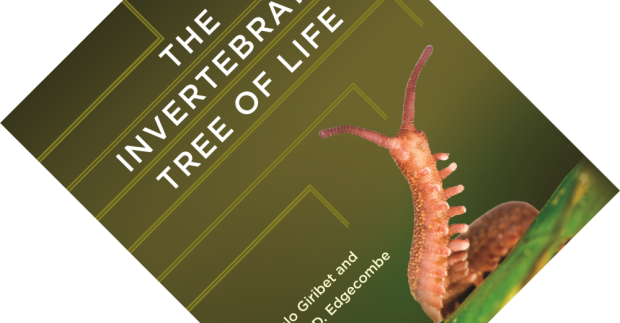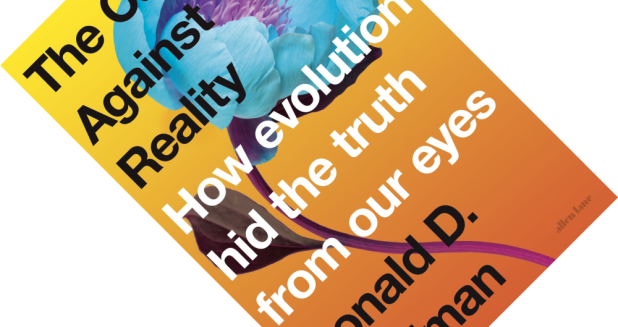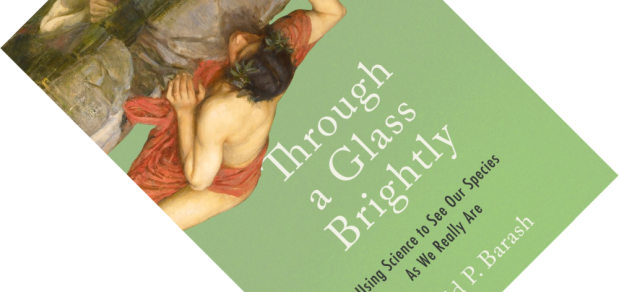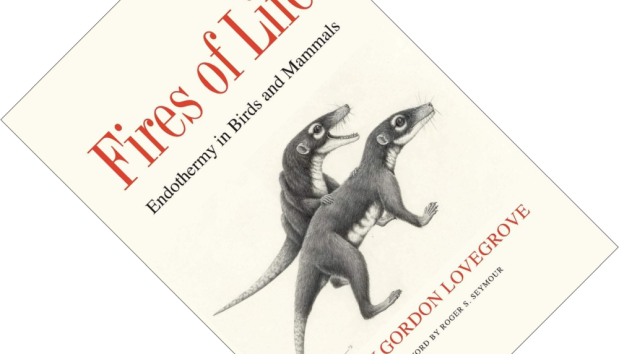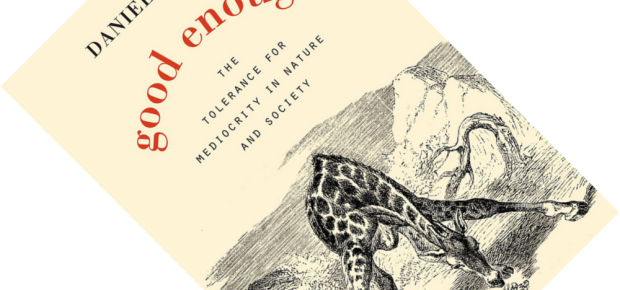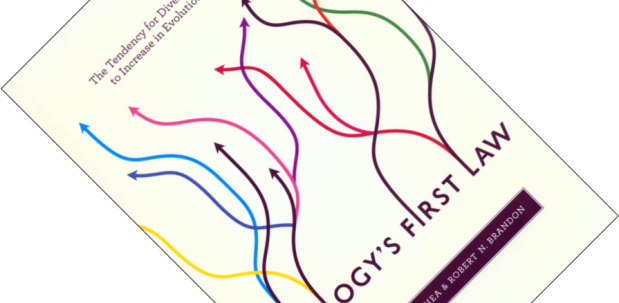7-minute read
The title of this book leaves little to the imagination and seems like a strong statement – how can we be so sure? The author, behavioural psychologist Herbert S. Terrace, is in a very strong position to make this claim though. Here, he revisits a remarkable experiment conducted in the 1970s to teach a chimpanzee to speak using sign language that ultimately failed. Bringing together subsequent developments in linguistics, palaeoanthropology, and developmental psychology, he has written an incredibly interesting and well-structured book on the evolutionary basis of language.


